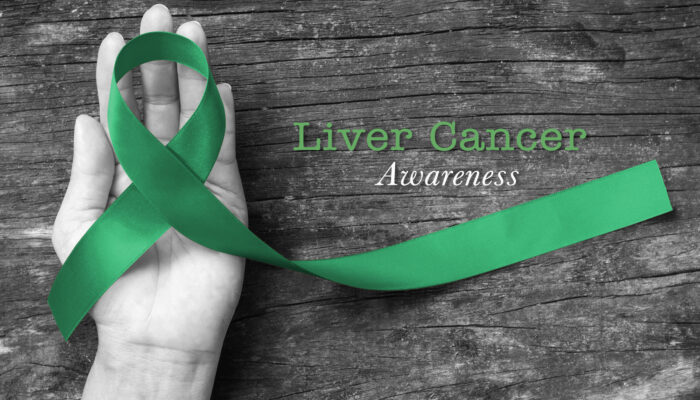
Know about meningitis and its types
Did you know that April 24 th is also celebrated as World Meningitis Day? This infection affects 2.8 million people globally as per studies carried out. When the protective membranes that cover the brain and spinal cord get inflamed, it is known as meningitis. Meningitis affects people of all ages but infants, young children, teens, and older people stand a greater risk of it than others. The cause of this inflammation could either be a bacterial or a viral infection. Meningitis can also be caused by other factors such as injury, cancer, infection, and specific drugs. Treatment is based on the specific type of meningitis. The key to preventing the infection is timely vaccinations. There are many vaccines that prevent meningitis. It is essential to discuss the type of vaccine needed with the physician to protect one from this disease.
It is crucial to recognize the symptoms and act fast as meningitis can cause death within 24 hours. In cases of suspected meningitis, it is best to seek immediate medical attention. Meningitis can strike in a matter of hours but its effects can last for a lifetime. Some life-altering effects of this condition include:
- Deafness
- Loss of memory
- Loss of sight
- Loss of limbs
- Epilepsy
- Paralysis
- Organ damage
- Brain damage
Types of meningitis
- Viral meningitis (aseptic meningitis): This is caused by viruses and is a serious condition but less severe than bacterial meningitis. There are many viruses that trigger this disease including several that can cause diarrhea, colds, cold sores and flu. There are vaccines that prevent some kinds of viral meningitis.
- Bacterial meningitis: This condition is caused by deadly bacteria and an affected person requires immediate medical attention. It starts when the bacteria enters the bloodstream from the sinuses, ears or throat and travels to the brain. There are vaccines to help protect against some kinds of bacterial meningitis.
- Parasitic meningitis: This condition is less common than viral and bacterial meningitis. It is caused due to various parasites that affect the brain or nervous system in other ways.
- Fungal meningitis: This condition is caused by fungi and people get it by inhaling fungal spores in the environment. Though this is a rare condition, people with diabetes, cancer or HIV are at a higher risk of being infected.
- Amebic meningitis: This is caused by Naegleria fowleri which is a free-living microscopic amoeba found in warm water and soil. Amebic meningitis is a rare and devastating infection of the brain.
- Non-infectious meningitis: Meningitis can sometimes be caused due to head injury, brain surgery, certain drugs, systemic lupus, and cancer.
How does meningitis spread?
Generally, in bacterial meningitis, the germs that cause it spread from one person to another via coughs or sneezes. There are some germs which can even spread through food.
Viral meningitis can be spread through respiratory secretions or feces of an infected person. It spreads when you have close contact with someone who has viral meningitis but getting infected by the virus does not necessitate the development of meningitis.



